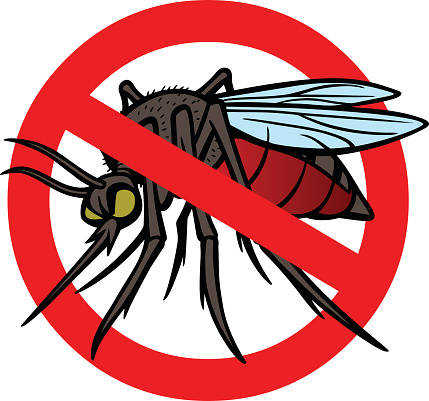West Nile Virus Positive Mosquitoes Found in Elmore County

Elmore County – A single pool of West Nile Virus (WNV) positive mosquitoes was identified in King Hill, located approximately six miles northeast of Glenns Ferry in Elmore County. The Elmore County Mosquito Abatement District will treat the area tonight (July 1). This time of year, mosquito traps are set and samples are collected weekly for testing throughout the county.
Elmore County is part of the growing list of Idaho counties reporting mosquitoes testing positive for WNV. Two other Idaho counties, including Canyon and Twin Falls, have also reported WNV-positive mosquitoes this season.
The discovery of mosquitoes carrying WNV serves as a reminder to the public to protect themselves from mosquitoes. WNV is usually contracted from the bite of an infected mosquito; it is not spread from person-to-person through casual contact. Symptoms of infection often include fever, headache, body aches, nausea, vomiting, and sometimes swollen lymph glands or a skin rash. In some cases, the virus can cause severe illness, especially in people older than 50, and may require hospitalization. On rare occasion, it can lead to death.
To reduce the likelihood of WNV infection, people are advised to avoid mosquitoes, particularly between dusk and dawn when they are most active. In addition, you should:
Cover up exposed skin when outdoors and apply DEET or other EPA-approved insect repellent to exposed skin and clothing. Carefully follow instructions on the product label, especially for children.
Insect-proof your home by repairing or replacing screens.
Reduce standing water on your property; check and drain toys, trays or pots outdoors that may hold water and harbor mosquito eggs.
Change birdbaths, static decorative ponds, and animal water tanks weekly because they may provide a suitable mosquito habitat.
WNV does not usually affect domestic animals, such as dogs and cats, but it can cause severe illness in horses and certain species of birds. Although there is no vaccine available for people, there are several vaccines available for horses. People are advised to vaccinate their horses annually.
Last year, one death was reported in Idaho because of WNV complications, and 11 counties across the state reported finding mosquito pools that tested positive for WNV. Sixteen people and five horses were infected in Idaho. In 2006, Idaho led the nation in West Nile Virus infections with almost 1,000 human cases, which contributed to 23 deaths.
For more information on West Nile Virus, including a tracking map by county, visit www.westnile.idaho.gov.
